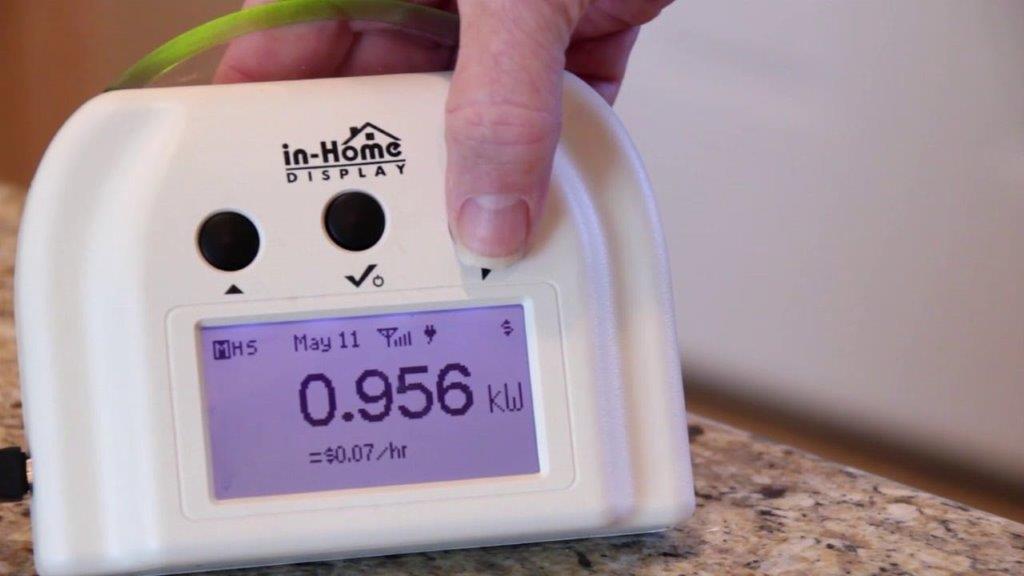
The global electric smart-meter market has been growing exponentially in the last few years. The growing numbers prove a universal consensus around the beneficial application of the meters. The EU, for example, has set a goal to replace at least 80% of electricity meters with smart meters by 2020 (wherever it is cost-effective to do so). China is expected to see the greatest number of electric smart meters installed by 2020, with over 435 million devices. This will drive penetration rates in Asia to peak at 68% by 2022, reveals a recent report by Telefónica Digital. The US, on the other hand, has 132 million devices- a market that’s expected to reach 91% penetration by 2022.
Smart metering has many advantages. The data gathered by the meters is used to analyze consumer behavior and patterns, thus allowing providers to improve load forecast and better manage peak demand. Smart meters are also key for the emergence of renewable energies in the electric grid.
Yet, despite advantages and high penetration rates, recent developments show a public resistance to the meters around two main issues: first, concerns around SPS issues – Safety (mostly radiation), Privacy and Security; and second, how the promise to save money for the consumer has not been fulfilled. Public resistance is evident, for example, in the UK- where polls show that 1 in every 5 Brits does not want a smart meter installed. What’s partially responsible for the intensity of the public resistance is a lack of a consumer-oriented strategy in utilities and providers, meant to assuage such concerns and to create a real public engagement.
The complex situation utilities find themselves in today, is handled poorly. First and foremost because public concern is not viewed enough as a threat. Disregarding the issue as minor and sticking to a “business as usual” approach, seems to be the popular choice, but what utilities seem to keep forgetting is just how much power consumers hold in their hands. The modern consumer is conscious of issues such as health, privacy and transparency, has expectations from the services provided to him, and a lot of power to reshape the world through a single post. An SPS Strategy offers a new, consumer-oriented approach which handles the public in a professional manner without belittling the power it holds. It deals with fear instead of ignoring or fighting against it. The strategy demands consumer-awareness on every level, from management to employees, working with and around the preconceived perceptions and existing expectations of the public to promote trust and co-operation.
Public co-operation is another important aspect utilities should aim for in their handling of the situation. The business model of the modern energy providers, is dependent on the active participation of the consumer. Smart meter utilization is only “smart” if the people using the meter are willing to make an effort into harnessing the insights it can provide. Thus, utilities must realize that consumers- as individuals- have set of values and needs that dictate their behavior. Understanding them is the key to changing patterns (such as reducing consumption or changing usage times) and gaining public support. Understanding the personal interests of consumers can take shape in the form of monetary rewards (e.g through a tariff policy promoting use in off-peak hours), or other appropriate incentives. These should make the public into a proactive and willing partner.
It’s important to understand that when the energy provider is not sufficiently prepared to handle the public in a competitive market, it might be abandoned in favor of its competitors. When the provider holds a monopoly position, such as the one it holds in Israel, it will often not attempt to change, since monopolies are rarely penalized for a passive policy or unfulfilled potential. The stagnancy this rational creates leaves a deep impact on public perception which will eventually help grow competitors (a process we can see in the Israeli Post market in recent years) or result in a political intervention (as we now see happening with water utilities initiatives in the Knesset).
Sources:
The Telefonica report
Growth of the smart meter market
Smart meters in the EU
Negative attitude towards meters in the UK
